"I was able to continue competing thanks to the environment where I could work hard with my peers and my family and friends."
Waka Sonoda, Graduated March 2025, School of Sport Sciences
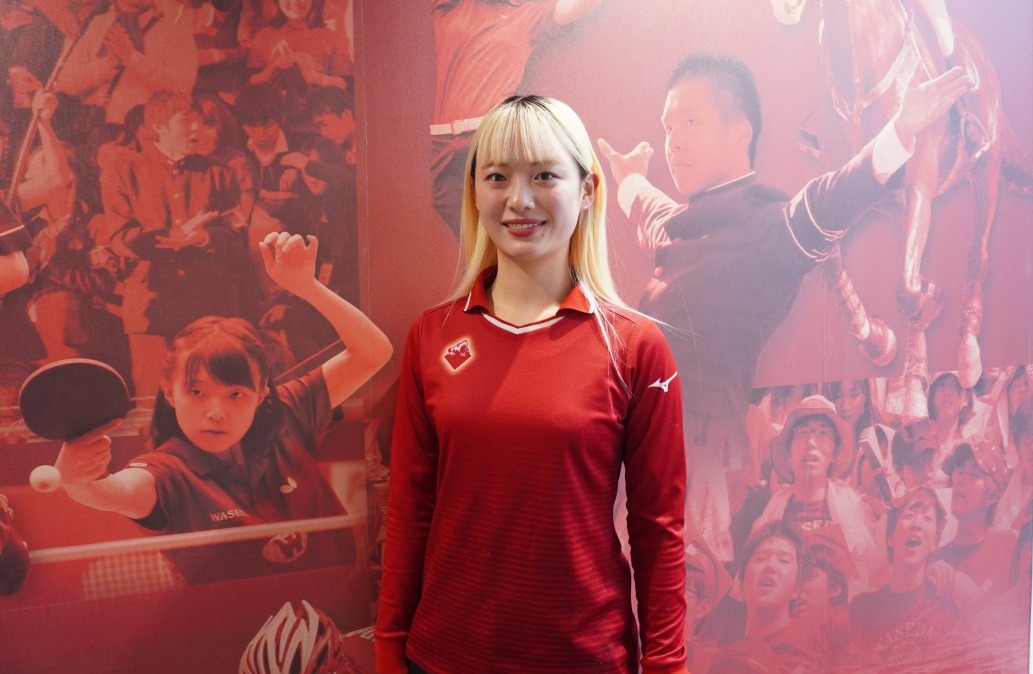
In front of Athletic Center Building No. 37, Toyama Campus
Sonoda has had a brilliant record in archery since before entering university, having joined the national team at the age of 16, the youngest in history, and coming in second at the 16th World Youth Championships in 2019. After entering university, Sonoda continued to make remarkable progress, winning a gold medal in the mixed event at the 2023 World University Games and a silver medal in the women's team event at the 2024 Asian Cup. She was also selected to compete in the 2024 Paris Olympics and received the 2024 Azusa Ono Memorial Award for Sports(小野梓記念スポーツ賞). We spoke to Sonoda about her competitive career, what she studied at university, and her future goals.
--Please tell us what made you start archery.
When I was in my first year of junior high school, I was walking with my family in my hometown of Oita when I found an archery range. I went there with the intention of just trying it out, but there was also a kyudo range (弓道場) attached to it, which I was actually interested in, but the kyudo range(弓道場) was closed that day (laughs). My archery coach at the time told me, "You can't aim for the Olympics with kyudo(弓道)," and "archery is fun too," so I tried it and found it really fun, so I decided to continue. When I was in my second year of junior high school, I participated in the All Japan Elementary and Junior High School Archery Championships and was scouted by the Japan Olympic Committee (JOC) for an athlete development program, and my competitive career began in earnest.
--What have been some of the hardest or most memorable moments in your competitive career?
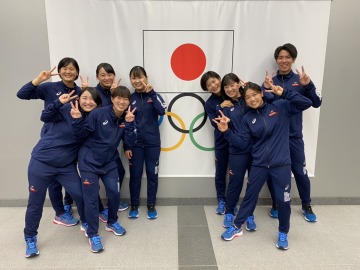
With Sonoda's classmates from the JOC Elite Academy when she was in high school. Sonoda is second from the left in the back row.
Since I entered the JOC Elite Academy (※), my life has changed a lot. The amount of practice has increased dramatically, so to be honest, it was very difficult for me until I got used to it... At the selection tournament for the national team, I was fighting the pressure of having to perform to the best of my ability under tension I had never experienced before. Anyway, I just had to keep up, so I practiced as hard as I could.
However, since I had been training alone in my hometown, I was very happy to have friends who shared the same goal. Thanks to the environment where I could compete with my classmates and the support of my family and friends, I was able to continue competing with a positive attitude.
*A training institute established by the Japan Olympic Committee to steadily produce athletes who can compete in international competitions. Junior and senior high school athletes in sports such as wrestling, table tennis, and archery hone their skills while boarding.
--What are your strengths and weaknesses in archery?
I think my greatest strength is my high consistency. In archery, it is important to repeatedly and accurately reproduce the same form, and I am good at that. I think my strength is being able to perform consistently in competitions. On the other hand, I sometimes let small mistakes affect me mentally, so I need to work on improving my mental state.
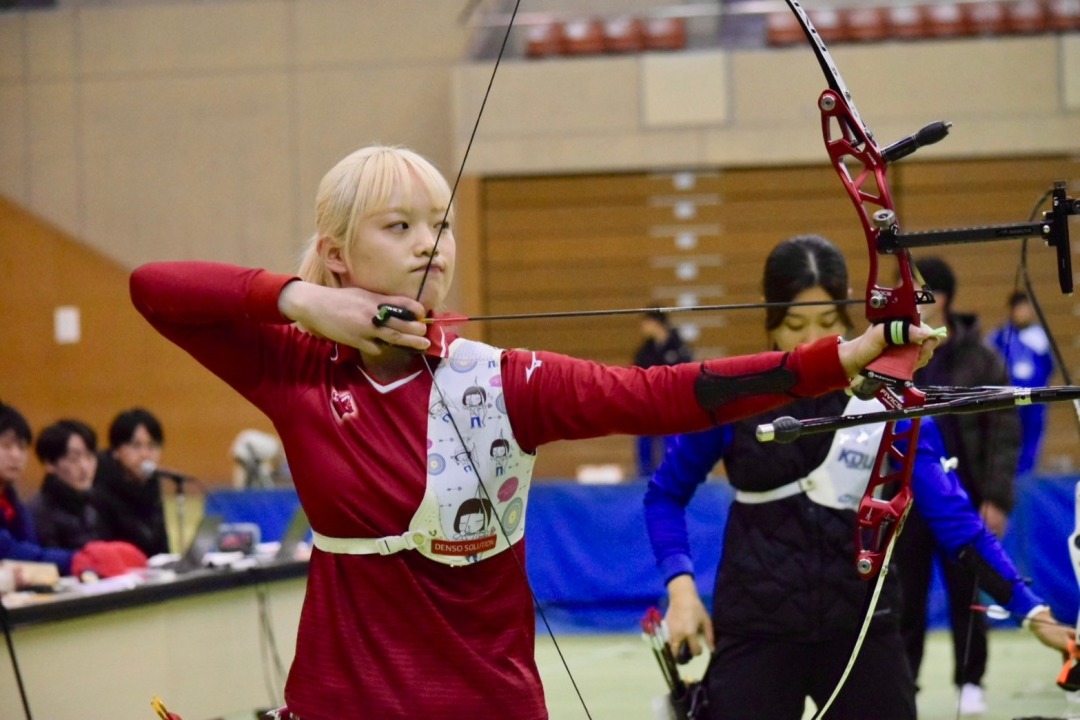
A photo taken during the "23rd All Japan Student Indoor Archery Individual Championship" (2024)
-Why did you choose Waseda University?
A senior archer I admired went on to study at Waseda University. After hearing his story, I was attracted to the idea of studying at Waseda's School of Sport Sciences, where I could not only compete in archery but also learn something that could be put to practical use, and so I decided to study there.
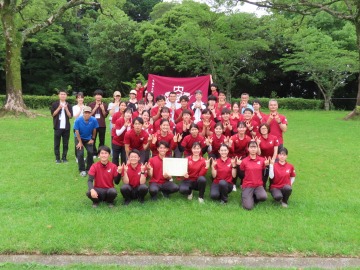
With Sonoda’s club members at the 58th All Japan Student Women's Archery Championship (2023). Sonoda is second from the right in the second row from the front.
Up until high school, I was always in an environment where there was a coach to guide me during practice, but when I joined the archery club at university, there was no one-on-one coach, and I was confused by the situation of having to think up my own practice menu and schedule for the first time. I thought that I would improve by increasing the amount of practice, so I was frustrated by the fact that the practice field was outdoors and subject to the weather, and even though I was the captain of the girls' team, there were periods when I couldn't participate in club activities due to national team activities, so I often found it difficult.
However, I was fortunate to receive the help of my former coach, who gave me advice on training sessions that emphasized quality over quantity, and my club members who were happy to send me off to overseas competitions, so I was able to motivate myself and continue competing.
Waseda's archery club includes members who started competing in college, but there is a culture of everyone teaching each other, even if there are differences in ability. By teaching basic techniques to beginner members, I was able to gain new insights, such as reviewing my own form.
--What did you study at the School of Sport Sciences?
I joined Professor Hiroaki Masaki 's (Faculty of Sport Sciences) seminar and studied sports psychology. I learned about a case in which archery was the subject of an experiment in a previous study, and felt that it could be beneficial for me as an athlete.
In the seminar, I researched the relationship between the time it takes to aim in archery and the results. It is generally believed that the longer you aim at the target, the more accurately you will hit the target, but in reality, I found that you can achieve better results if you aim at the target for a consistent amount of time during crucial times and non-critical times. By realizing this, I was able to be conscious of the fact that "it is okay not to aim too intently" at the most crucial moments in a match, which was a great benefit. Also, getting to know athletes from other sports in the seminar was a good stimulus for me.
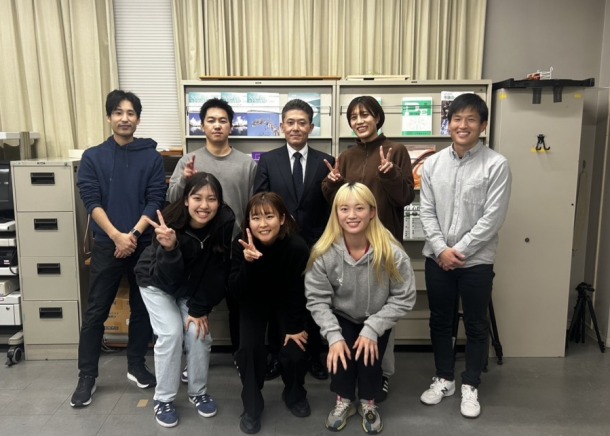
With Professor Masaki's seminar to celebrate the completion of her bachelor's thesis. Sonoda is on the far right in the front row.
--Please tell us your future goals.
I was selected to represent Japan at the Paris Olympics, but I missed the opportunity because I didn’t win a slot in the team competition. I will use that disappointment as a springboard to aim for the 2028 Los Angeles Olympics. To that end, I will work hard to improve my skills at the world championships in 2025 and 2026 so that I can definitely make the national team! At the same time, I hope to be proactive not only in my sport but also in my work at the company I've been hired at. I believe that the concentration and perseverance I developed through archery will be useful wherever I go, so I would like to acquire skills that I can use even after I retire from competitive archery through my life as a working adult.
No.894
Interview, text and photography: Waseda Weekly Reporter (SJC student staff)
Saya Tanabe, Graduated March
2025, School of Culture, Media and Society
【Profile】
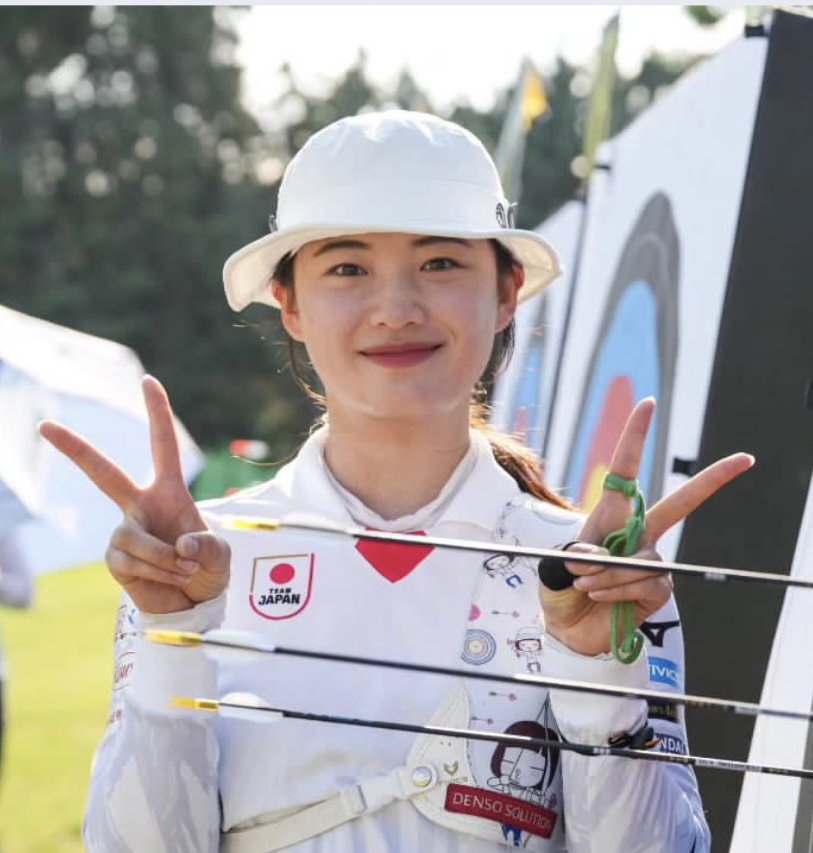 Born in Oita Prefecture. Graduated from Tokyo Metropolitan Adachi Shinden High School. Sonoda's hobby is visiting restaurants serving set meals, and she says that the best way to feel refreshed is to eat delicious food while chatting with friends. Sonoda's recommended Wasemeshi is the tomato ramen at Kappa House Tokorozawa.
Born in Oita Prefecture. Graduated from Tokyo Metropolitan Adachi Shinden High School. Sonoda's hobby is visiting restaurants serving set meals, and she says that the best way to feel refreshed is to eat delicious food while chatting with friends. Sonoda's recommended Wasemeshi is the tomato ramen at Kappa House Tokorozawa.
Sonoda's Instagram: @wakasonoda
Waseda University Archery Club Official Website: http://www.w-archery.info/

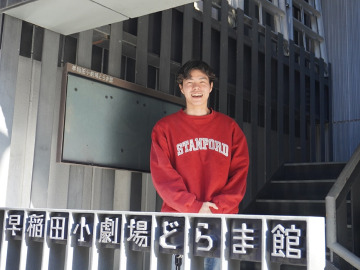
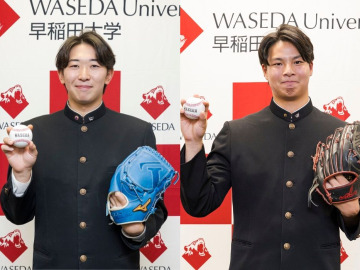
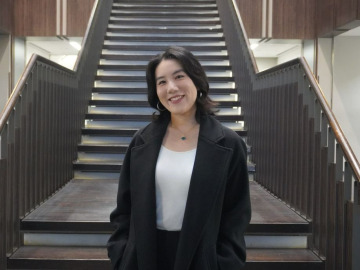
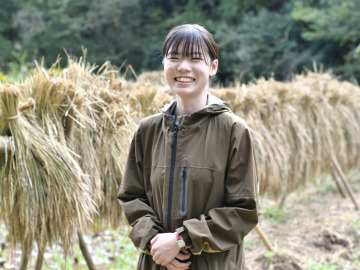

![[Save version] Map of the four main campuses](https://www.waseda.jp/inst/weekly/assets/uploads/2025/09/17cb2975123fc5103172ef60bd98608d-610x458.jpg)

